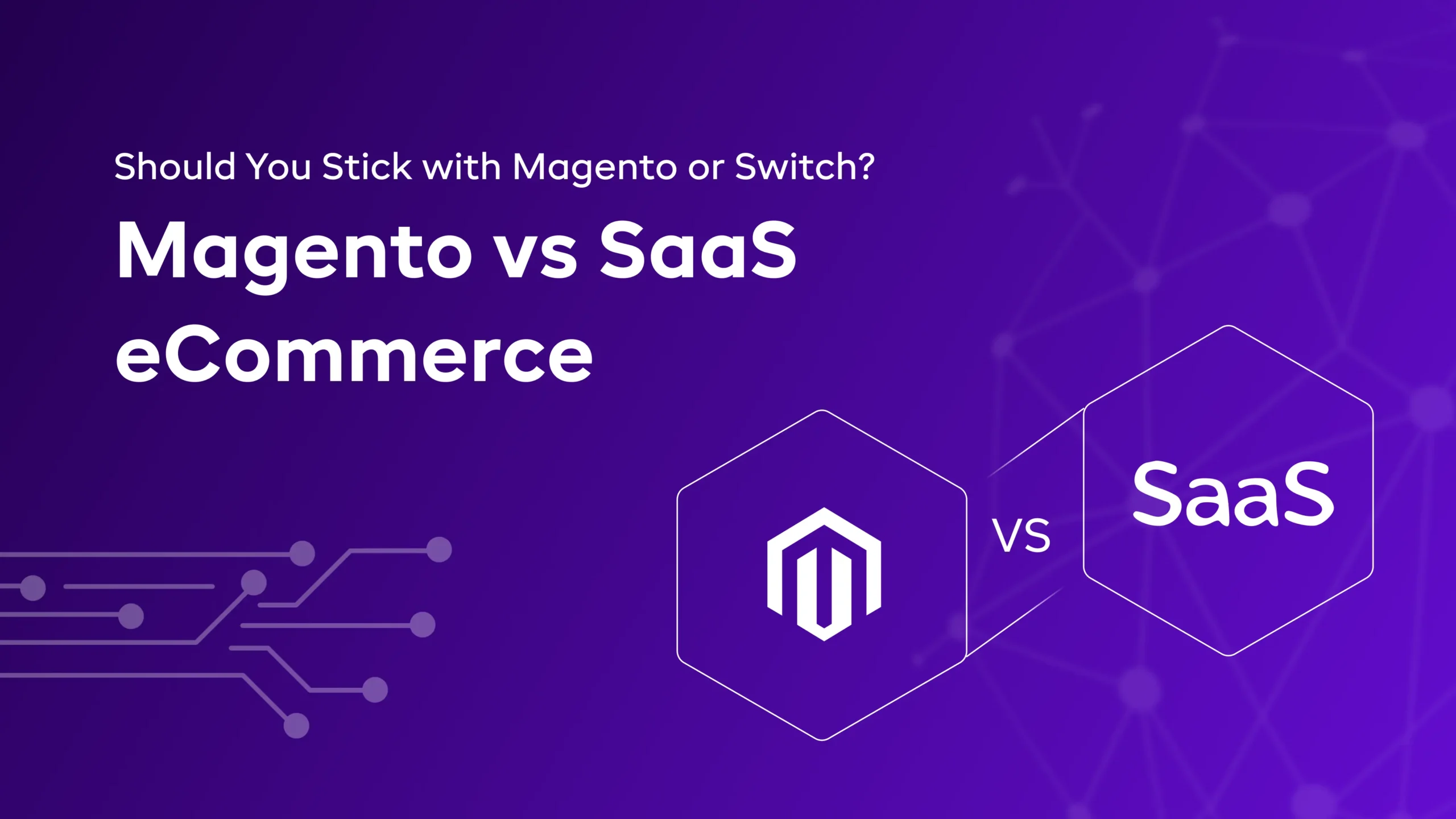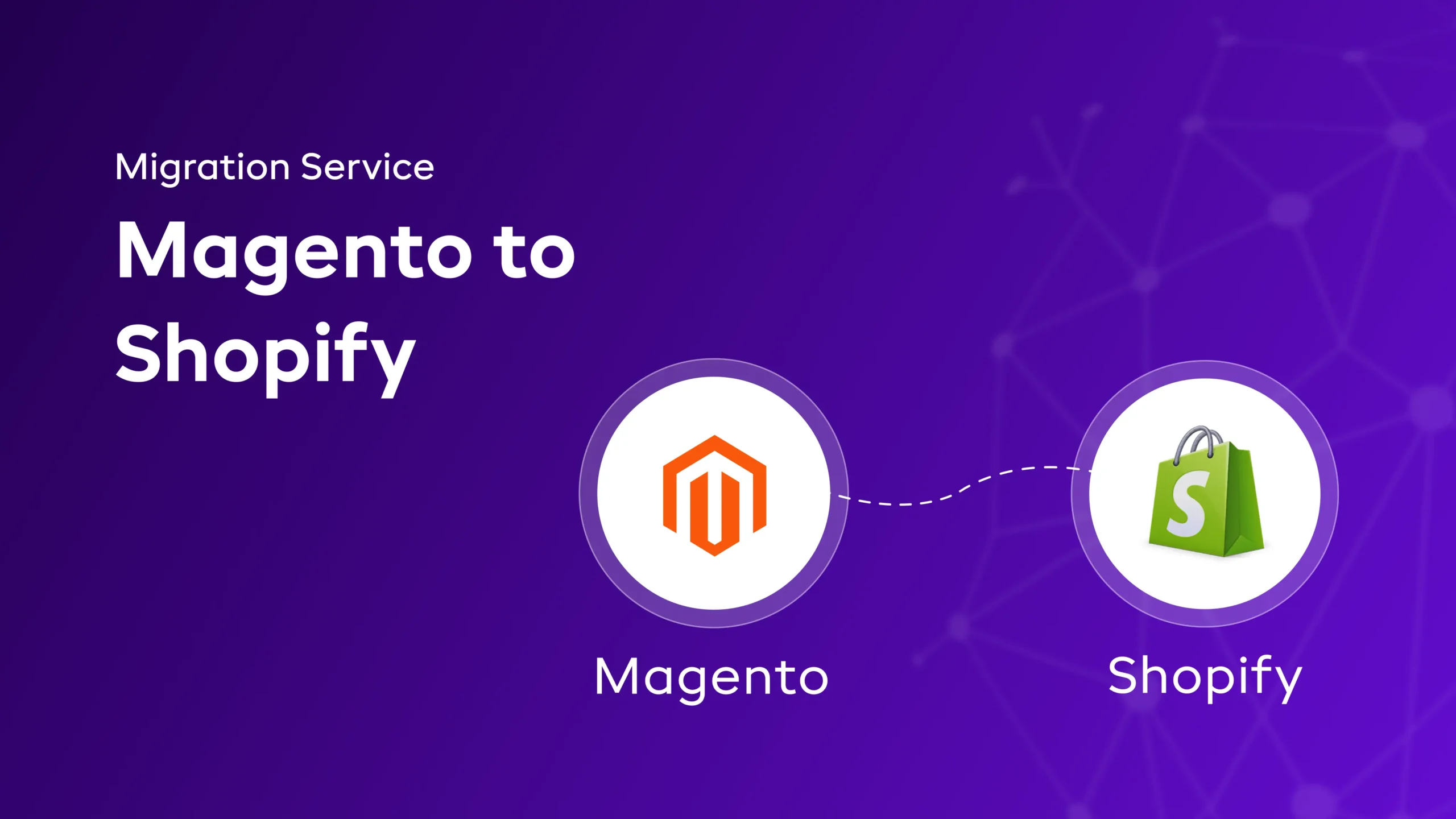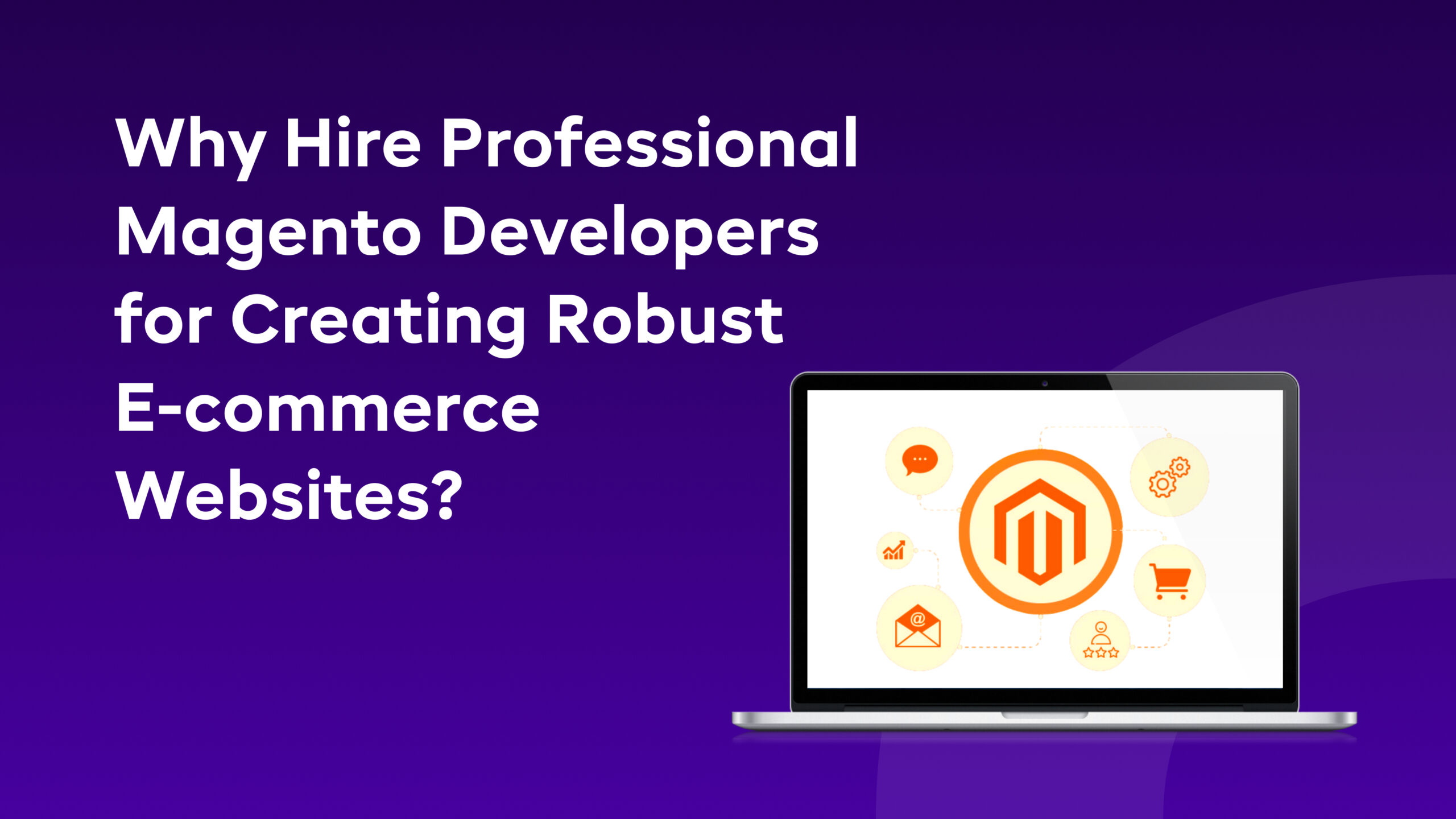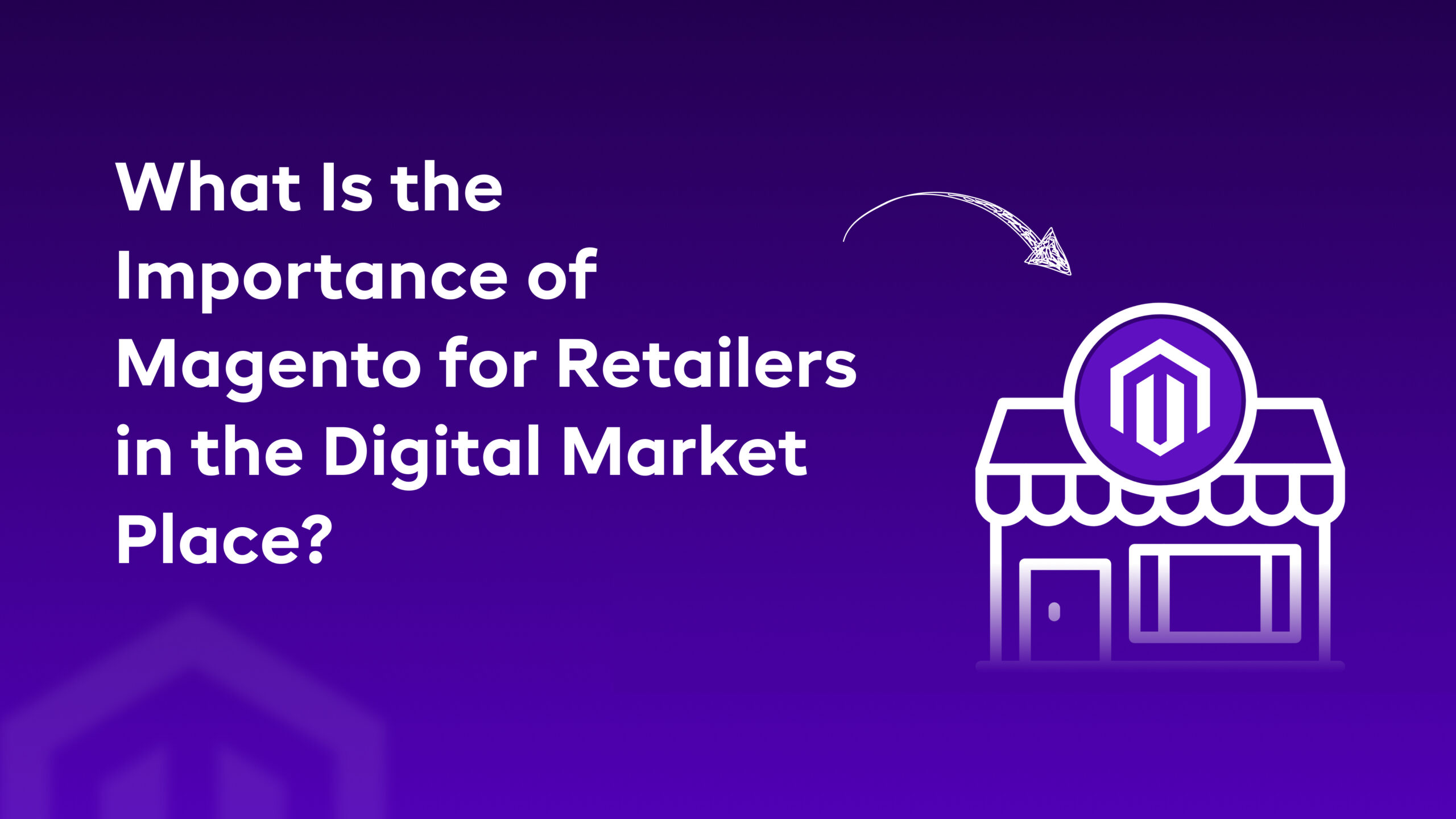Magento vs SaaS eCommerce: Should You Stick with Magento or Switch?
Published on April 22nd 2025


Related Blogs

Are you tired of running a Magento store that seems too complex to maintain?
Author: Jigar Jariwala

The digital world is evolving every single day. With this, eCommerce is growing beyond imagination. All of this happened due to development of websites and webpages that facilitates the publishers and recipients to get in touch with each other. Well, website development is quite costly and start-ups don’t have enough funds to host such domains. In circumstances like this, CMS frameworks like Magento come into the picture
Author: Hello Uncannycs

The world of eCommerce is becoming more competitive with each passing day. Retailers are finding it difficult to attract new customers and retain the old ones. To stay ahead in…
Author: Hello Uncannycs